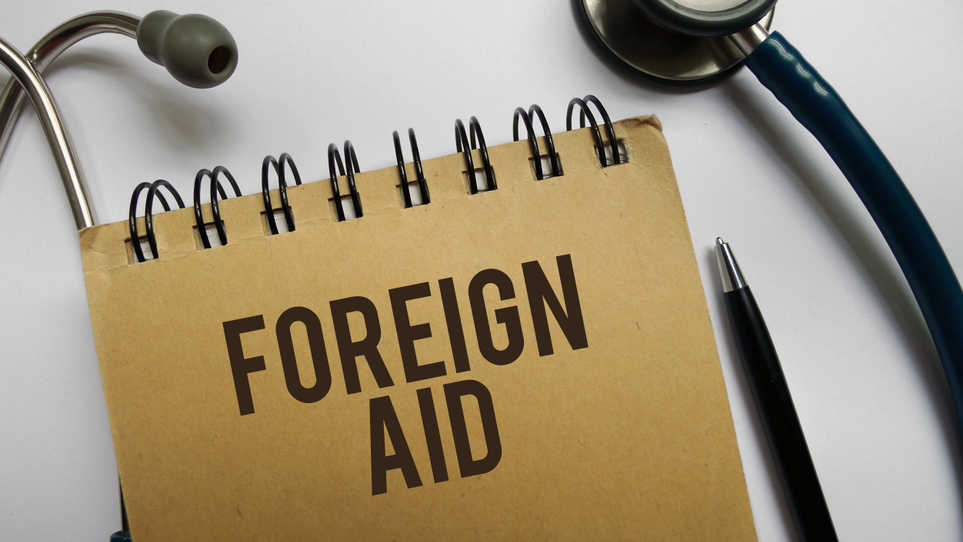The second surge of Covid-19 infections in India has laid bare the damage caused by the Narendra Modi government’s amendments to the Foreign Contribution (Regulation) Act in September, 2020. Made in the name of transparency, these were criticized then as harmfully restrictive; the International Commission of Jurists even requested the president of India not to pass them. For example, the amendments compel organizations with FCRA permission to receive foreign funds through a designated account in a State Bank of India branch in Delhi — something that numerous non-governmental organizations have still not been able to open — while banning larger recipient bodies from collaborating with NGOs which work in the field. This discouraged foreign donors that supported grassroots work in spheres such as education, health or gender sensitivity. Together with other provisions, the bewildering increase in red tape at every level, even for opening a bank account, narrowed the NGOs’ scope further. The government, meanwhile, encouraged donations to official funds, such as PM-Cares. Today, when India’s need is desperate because of the spike in infection, and when the Centre is unable to provide the succour needed, whether in oxygen and medicines or vaccines, non-profit organizations cannot access the millions in aid that overseas groups are only too willing to give.
The government’s actions suggest a lack of logic, or a goal too esoteric for ordinary perceptions. The FCRA was stringent enough, for governments have always been wary of NGOs. Mr Modi’s government, however, seemed to begin from the premise that all NGOs were guilty of something or the other; foreign funding dropped 40 per cent from 2014 to 2017-18, and 13,000 NGOs lost their licences. Amnesty International had to close its offices in India. Yet in May 2020, the Niti Aayog requested 90,000 NGOs to help deliver services to the poor and frontline workers during the pandemic. If this were not illogical enough, in September 2020 the government amended the FCRA to narrow the routes of foreign funding. Yet accessing foreign aid is now urgent for non-profit groups. Requests are being made to the government by groups of NGOs and others, including the tech industry body, Nasscom, to suspend the FCRA provisions temporarily, at least for this financial year, till the needs of the Covid-19-ravaged country are met. A miracle may still happen.










